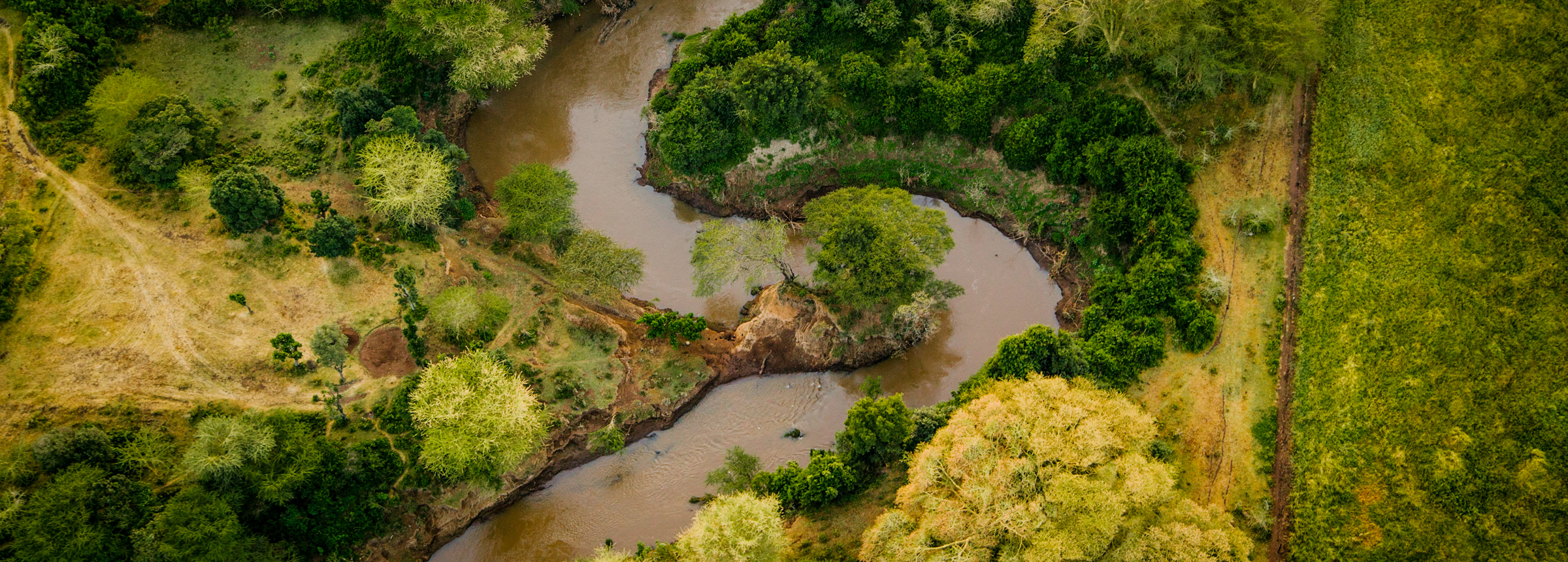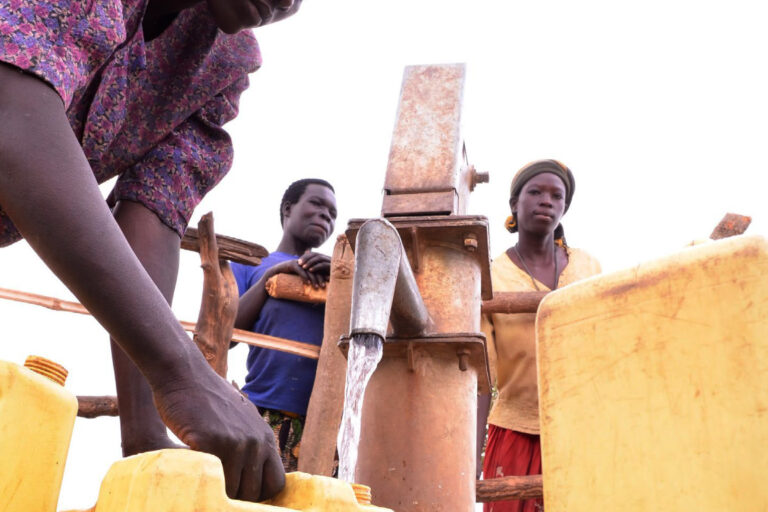
Towards More Resilient Solutions
SWP’s Liz Kendall looks back on World Water Week.
On August 26, water professionals turned their attention to Stockholm, Sweden. At World Water Week, the world’s premier conference on water issues, attendees chose from hundreds of panels, presentations and plenaries, and enjoy the opportunity to network with other experts, decision-makers and innovators. Sharing experience and information with fellow practitioners, working toward solutions to the most critical water-related challenges — what more could a water wonk ask for?
For the team working on the USAID-funded Sustainable Water Partnership (SWP), World Water Week represented the culmination of a year’s worth of our collective hard work. Working across three continents and seven time zones, SWP has been a leader in implementing strategies to improve water security in five countries. During the SWP Sofa Session on Tuesday, we shared some of our work, and the lessons we’re learning from it, with the greater water community.
Working towards more resilient water solutions means implementing complex projects with a dizzying array of component activities. In Nepal, we’re coordinating USAID’s water work in two watersheds; in South Africa, fostering big data water research. In Cambodia, we’re facilitating the formation of a river basin management committee; and, in Kenya and Tanzania, we’re supporting transboundary water allocation in a watershed vital to the region’s economy, ecology and culture. Sometimes the distance and difference between these projects seems greater than the similarities binding them together.
For me, the realization of how all our work fits together came in Toronto, at the First International Conference on Water Security. I was there to present a poster on SWP’s Water Security Improvement (WSI) process, our innovative strategy for encouraging behavior change and improving water security. As I prepared my presentation, it dawned on me that, while they look different at first glance, our worldwide activities are a series of concentric circles, all rippling out from the core principles of water resource management.
In Kenya and Tanzania, SWP is working with the governments of both countries at the national level, building on a Memorandum of Understanding nearly twenty years in the making. In Cambodia, we’ve started nearly from scratch, engaging and educating local leaders. But in both activities, we’re following the same basic set of strategies, tweaked and tailored to fit the appropriate contexts. We’re conducting workshops to build capacity and training stakeholders on useful tools like the Water Evaluation and Planning (WEAP) system. We’re teaching people what they need to know, whether that’s how to update data on water use or how to be an accountable community representative.
Understanding how our work fits together, from the Mara River Basin to Cambodia’s Tonle Sap, has breathed new life into my day-to-day work in water. And at World Water Week, I got to witness many similar “aha moments” for my colleagues, both in the U.S. and in the field, who are making the same connections.
SWP’s Sofa Session took place Tuesday, August 29th. You can watch a recording of the session here.
Photo by Bobby Neptune.
Related Projects

